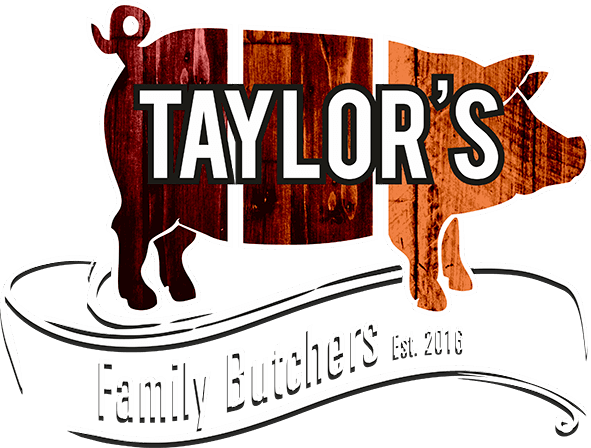Marbling in Meat – what is it & why you should care
Most people have heard the term marbling but may not know exactly what it is. Marbling is the intramuscular fat that is found in beef. It can be in different forms and has a huge impact on the taste, texture, and overall quality of beef. There are different types of marbling and butchers look at it closely when grading beef. In this blog post, we will discuss what marbling is, how it affects the beef we eat, and why it is so important. Stay tuned!
What is Marbling in Meat?
Marbling is the fat that is found within the muscle tissue of beef. It can be in different forms but is typically in small flecks throughout the meat. Marbling is responsible for adding moisture, juiciness, and tenderness to beef. It is often used as a way to determine the quality of the meat and has been shown to enhance the flavour significantly. Marbling can also help to protect the meat from overcooking. Marbling varies in different cuts of meat and is affected by several factors including;
- The breed – Some breeds have a higher level of marbling as a result of how they metabolise food. Cattle breeds are high quality and produce well marbled cuts of beef. These breeds include; Angus, Murray Grey, Herefords, Shorthorns, Japanese Wagyu, and Kobe. Some dairy breeds stand out well too, these include; Jersey, Holstein-Friesian, and Braunvieh stand out as well.
- Whether they are grass or grain fed – Beef cattle that are not gaining weight will lose marbling from muscles quickly. Grain fed cattle often marble more easily than strictly grass fed cattle. But as all cattle metabolise differently, this can vary depending on the breed.
- Cut – The cut will affect the level of marbling. Leaner cuts of meat come from areas where the muscles work harder such as the shoulder, leg and rump – these cuts will have less marbling. However, cuts that come from less muscular areas such as Rib-eye and loin will produce the most marbled meat.
Marbling varies widely, it comes in different shapes and sizes and not all marbling is an indication of greatness. However, when you choose to purchase your meat from a butcher (like us) we can help you to choose the best cut of meat with marbling that will enhance the flavours and ensure you have a succulent and tender piece of meat.
Why is marbling in meat important?
Marbling in meat is important for a number of reasons;
- Marbling adds flavour and juiciness. During the cooking process, the fats melt into the steak, keeping the meat moist and tasty.
- Fat is more tender than muscle fiber, as a result, well marbled pieces of steak will feel more tender when eating.
- Intramuscular fat that creates marbling can be good for you. Breeds, that produce marbled beef are higher in unsaturated ‘healthy’ fats that when consumed in moderation and with a balanced diet can be good for us.
Thinking about having yourself a juicy steak? Why not come down to Taylors Butchers and let us help you pick the perfect juicy steak.
